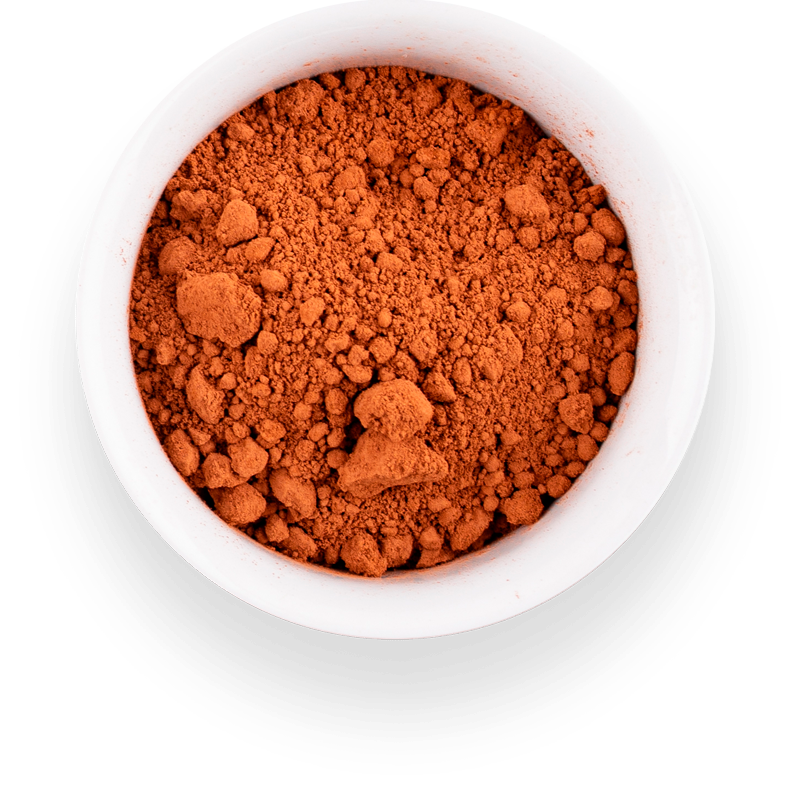Our bodies are incredibly complex and sophisticated machines, constantly giving us feedback on our health and well-being. From aches and pains to changes in appetite and sleeping patterns. There are countless ways that our bodies communicate with us to let us know that something is off. In this blog, we’ll explore some of the most common ways that your body might be showing you that something is amiss.
1. Fatigue and Low Energy
Feeling tired and run down all the time is not normal. This is often multifactorial caused by suboptimal nutrition, lack of sleep, infection, or underlying hormone issues such as thyroid dysfunction.
2. Digestive Issues
Digestive symptoms like bloating, constipation, and diarrhea can be a sign that your body is not processing food properly or that you’re not putting the correct foods in your body. These symptoms could be caused by a range of issues, from food allergies or sensitivities to gut inflammation. If you experience persistent digestive issues, it’s important to start watching what you’re consuming to identify possible triggers. Gut inflammation and dysregulation is predominant, largely owing to the prevalence of highly processed foods in our diet.
3. Skin Changes
Your skin can be a window into your overall health, and changes in your skin can indicate a variety of underlying health problems. For example, dry, itchy skin could be a sign of a nutrient deficiency. Unexplained acne or pimples around the jaw and chin area can be a sign of hormonal imbalances or a leaky gut.
4. Mood Changes
If you’re feeling more irritable or anxious than usual, it could be a sign that something is off with your body. Mood changes can be caused by a range of factors, from hormonal imbalances to nutritional deficiencies. If you notice persistent changes in your mood, it’s time to pay attention.
It could be a sign that your stress hormones are imbalanced, such as cortisol. Cortisol is produced by the adrenal glands. When levels are consistently high or low, it can lead to mood changes and other symptoms like fatigue and weight gain.
6. Changes in Appetite
Changes in appetite could be a symptom of depression, hormone imbalance, or nutrient deficiency. Seek advice from a healthcare professional if you notice persistent changes in your appetite.
7. Unexplained Hair Loss
Hormones play a critical role in regulating hair growth, and any imbalance can affect the hair cycle. Here are some ways that hormonal imbalances can cause hair loss:
1. Androgenetic Alopecia: Androgenetic alopecia, also known as male or female pattern baldness, is the most common cause of hair loss in both men and women. It is caused by the hormone dihydrotestosterone (DHT), which is a derivative of testosterone. DHT can shrink hair follicles, leading to hair thinning and eventual hair loss.
2. Thyroid Disorders: The thyroid gland produces hormones that regulate metabolism and growth. Changes in thyroid hormone levels can lead to hair loss. Hypothyroidism, or an underactive thyroid, can cause hair to become brittle and break easily, while hyperthyroidism, or an overactive thyroid, can cause hair to fall out in large clumps.
3. Polycystic Ovary Syndrome (PCOS): PCOS is a hormonal disorder that affects women and is characterized by high levels of androgens, such as testosterone. Excess androgens can lead to hair thinning or hair loss on the scalp, as well as excess hair growth on the face, chest, and back.
4. Menopause: Menopause is a natural process when levels of estrogen and progesterone decrease, which can lead to hair thinning or hair loss on the scalp.
5. Pregnancy: Pregnancy can cause hormonal changes that lead to hair loss in some women. After giving birth, women may experience postpartum hair loss as their hormone levels return to normal.
How Can You Help
Our bodies are constantly communicating with us and it’s up to us to be cognizant of these changes. We can identify potential health problems early and take steps to address them before they become more serious. Don’t hesitate to speak with a healthcare professional to get the care and support you need.
How You Can Support Your Body Naturally
- Pay attention to the food you’re putting in the body. Eating a balanced diet full of nutrients and natural foods will go through your digestive system the best.
- Get your hormones checked. It’s always good to consult with a physician before you make any decisions on how to proceed. If you want to avoid any medications there are numerous natural ways that can help get your body back on track.
- Listen to your body, listen to the foods that it likes, the products that you use, and the way you live everyday. Try to remove stressors, and let your skin breathe.
- Consult people who have made the change to a healthier lifestyle. It’s always great to get advice from someone who experienced similar changes, so they can give you advice on how they fixed it.
- DON’T GET DOWN!! You have to make the best of every situation. Your mind is powerful and there is always a lesson in every situation.
When I founded Armonia Sciences, I wanted to not only make a natural supplement that addresses these issues, but also use it as a platform to educate. Armonia aims to help women balance their bodies and feel the best every day. You can always send an email, dm or comment on this post if you have any questions.
Isabella Massucci
CEO & Founder
Armonia Sciences



